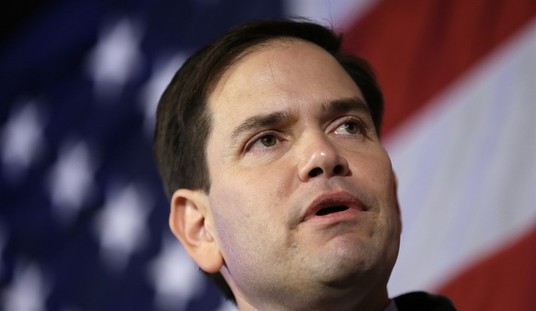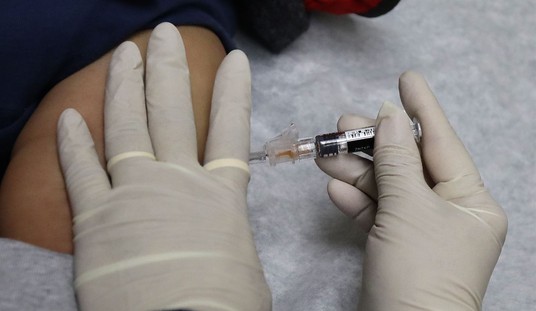US Pacific Fleet Commander, Admiral Samuel Locklear III, admitted today that the United States military now lacks what has been one of its key operational strengths for decades. Locklear said that “[T]he reality is, is that to get Marines around effectively, they require all types of lift. They require the big amphibious ships, but they also require connectors (landing craft). The lift is the enabler that makes that happen, so we wouldn’t be able to [successfully carry out an amphibious assault against enemy forces]. Stars and Stripes first reported Locklear’s comments.
Locklear’s comments come at a time when concern is growing over Russian aggression in Europe and over the possibility of conflict between China and Japan over a string of contested islands. Should China assault the islands, which are under Japanese control, the US is obligated under treaty to fight alongside Japan. Currently US forces only have one amphibious unit stationed in Japan, with three more stationed in San Diego, CA.
Locklear says that what the US has at the ready is not enough: “I’m not the only combatant commander that desires amphibious shipping or the Marines that are on them. So there is a global competition among us as the world situation kind of moves around. [And] the global demand signal today is … greater than what we can resource.”
Echoing Locklear’s concern, US Army Gen. Curtis Scaparotti, commander of US and UN forces in South Korea, says “I am concerned about the readiness of the follow-on forces in our theater. Given the indications and warnings and the nature of this theater and the threat that we face, I rely on rapid and ready forces to flow into the peninsula in crisis.”
These are ominous thoughts coming from our field commanders.
Adm. Locklear, though, may be a part of the problem. He made news in March 2013 for saying this:
Navy Admiral Samuel J. Locklear III, in an interview at a Cambridge hotel Friday after he met with scholars at Harvard and Tufts universities, said significant upheaval related to the warming planet “is probably the most likely thing that is going to happen . . . that will cripple the security environment, probably more likely than the other scenarios we all often talk about.’’
“People are surprised sometimes,” he added, describing the reaction to his assessment. “You have the real potential here in the not-too-distant future of nations displaced by rising sea level. Certainly weather patterns are more severe than they have been in the past. We are on super typhoon 27 or 28 this year in the Western Pacific. The average is about 17.”
The drop in US amphibious operational readiness didn’t happen overnight. The wars in Iraq and Afghanistan have contributed to it, but the bottom line is that the military’s leadership apparently failed to sound the alarm to anyone above them. Rather than do that, Adm. Locklear was more worried about politics and the weather, to the point that he worked with other regional nations to “stockpile supplies in strategic locations” and planned a major exercise that dealt with climate change.
Meanwhile, the amphibious forces that he commands for the purposes of keeping China and North Korea at bay atrophied on his watch while the possibility of conflict grew.









Join the conversation as a VIP Member